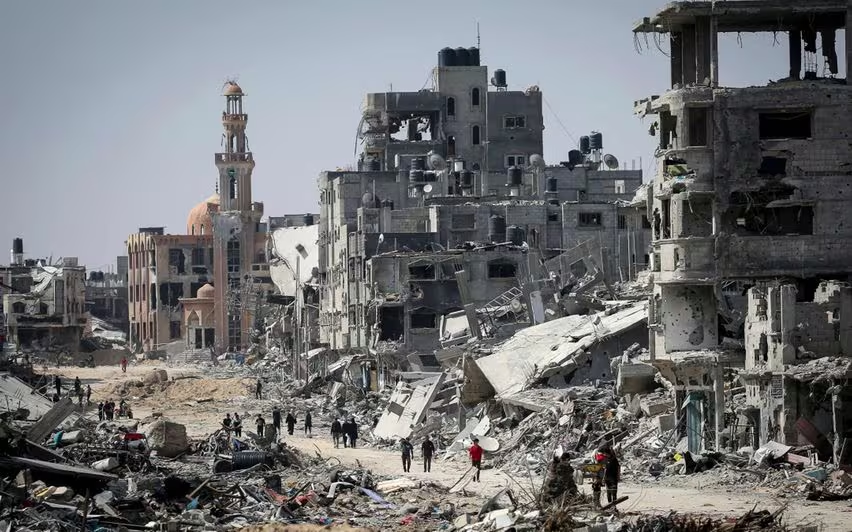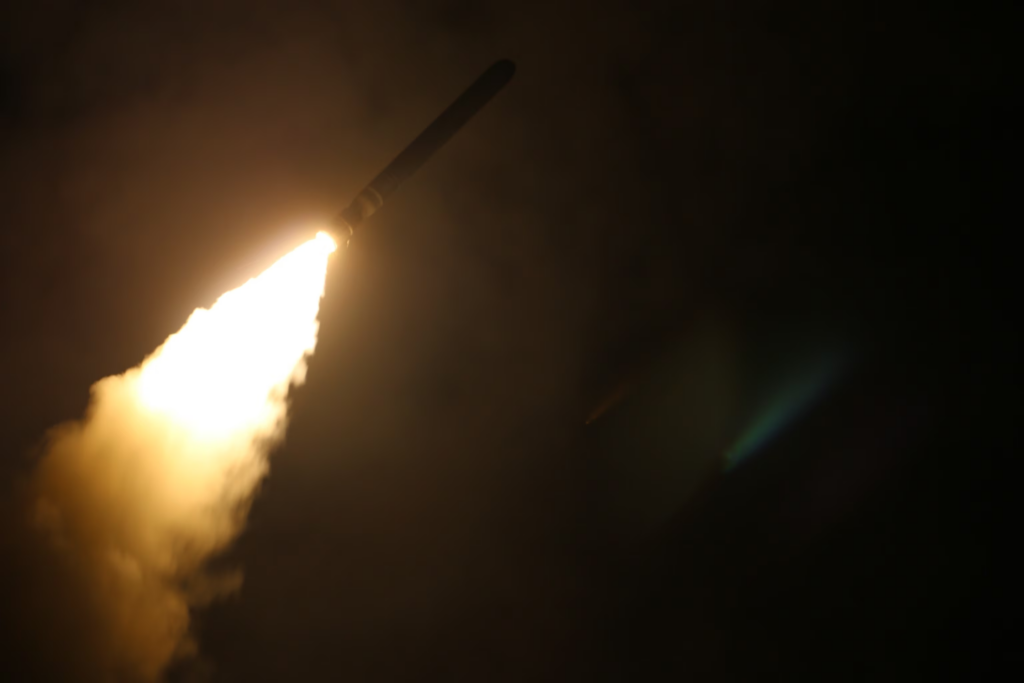Following Iran President Ebrahim Raisi’s three-day visit, Pakistan’s foreign office issued a joint statement on Wednesday that included this information.
In a joint statement released on Wednesday, Iran and Pakistan urged the UN Security Council to take action against Israel, claiming that it had “illegally” attacked neighboring nations and international diplomatic installations.
Following the three-day visit by Iranian President Ebrahim Raisi to Pakistan during a time of heightened Middle East tensions, Pakistan’s foreign ministry released the joint statement.
According to reports, an Israeli attack last Friday caused explosions over the Iranian city of Isfahan. Tehran, however, downplayed the incident and declared that it had no plans to take revenge.
“Both sides called on the UN Security Council to prevent the Israeli regime from its adventurism in the region and its illegal acts attacking its neighbors, acknowledging that the careless act of the Israeli regime forces was a major escalation in an already volatile region,” Iran and Pakistan stated in a joint statement.
Raisi promised to increase trade between Iran and Pakistan to $10 billion annually as he concluded his tour and took off for Sri Lanka on Wednesday.
Iran’s official news agency, IRNA, cited Raisi during his visit to Pakistan, stating that any more Israeli attack on Iranian land might drastically alter the situation and leave the “Zionist regime” completely destroyed.
In what it said was reprisal for Israel’s alleged lethal strike on the Iranian embassy compound in Damascus on April 1, Tehran launched a flurry of missiles and drones against Israel on April 13. However, nearly all of them were shot down.
Pakistan has already demanded that “all parties” defuse the situation.
During Raisi’s visit, Iran and Pakistan pledged to increase trade and energy cooperation, particularly on a significant gas pipeline agreement that has been delayed because of international sanctions and geopolitical concerns.










